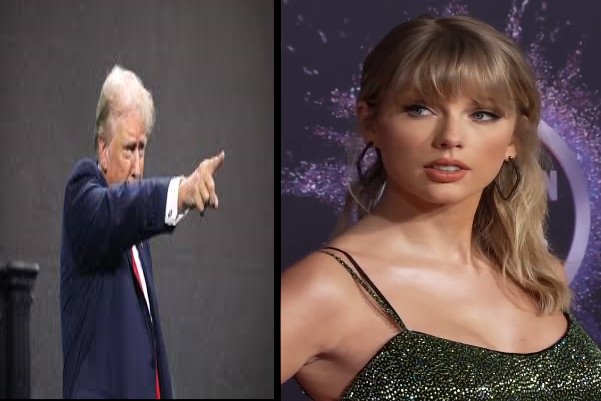Taylor Swift vs. Trump: A Legal Showdown Over Fake Endorsements

Taylor Swift vs. Trump: A Legal Showdown Over Fake Endorsements
Donald Trump’s penchant for controversy has once again landed him in hot water, this time with pop superstar Taylor Swift. The former president recently shared AI-generated images on social media purporting to show Swift endorsing his political campaign. While the images are undeniably fake, the question remains: can Swift take legal action against Trump?
The Case for a Lawsuit
At first glance, it seems like an open-and-shut case. Using someone’s likeness without permission is a clear violation of their right of publicity. It’s essentially a form of copyright infringement. Swift has always been vocal about her political views, and these fake images directly contradict her stance, potentially damaging her reputation.
Furthermore, the images were used to promote a political campaign, which could be seen as commercial exploitation of Swift’s image. This is another potential legal avenue to explore.
The Challenges Ahead
While the legal grounds for a lawsuit seem solid, winning the case might be more difficult. Proving actual damages can be challenging, especially when dealing with something as intangible as reputation. Additionally, the nature of social media makes it difficult to quantify the reach and impact of the fake images.
Another hurdle is the platform on which the images were shared. Social media platforms often have their own terms of service and policies regarding user-generated content. These policies could potentially shield Trump from liability, at least to some extent.
The Broader Implications
Beyond the legal battle between two high-profile figures, this case highlights a growing concern about the misuse of AI-generated content. As technology advances, it becomes increasingly easier to create deepfakes and other forms of synthetic media. This raises important questions about accountability and the protection of individual rights.
Ultimately, the outcome of this case could have far-reaching implications for how we think about digital identity and the law.
It’s important to note that this article is based on general knowledge of the law and does not constitute legal advice. The specific details of the case, as well as applicable state and federal laws, will determine the outcome.






